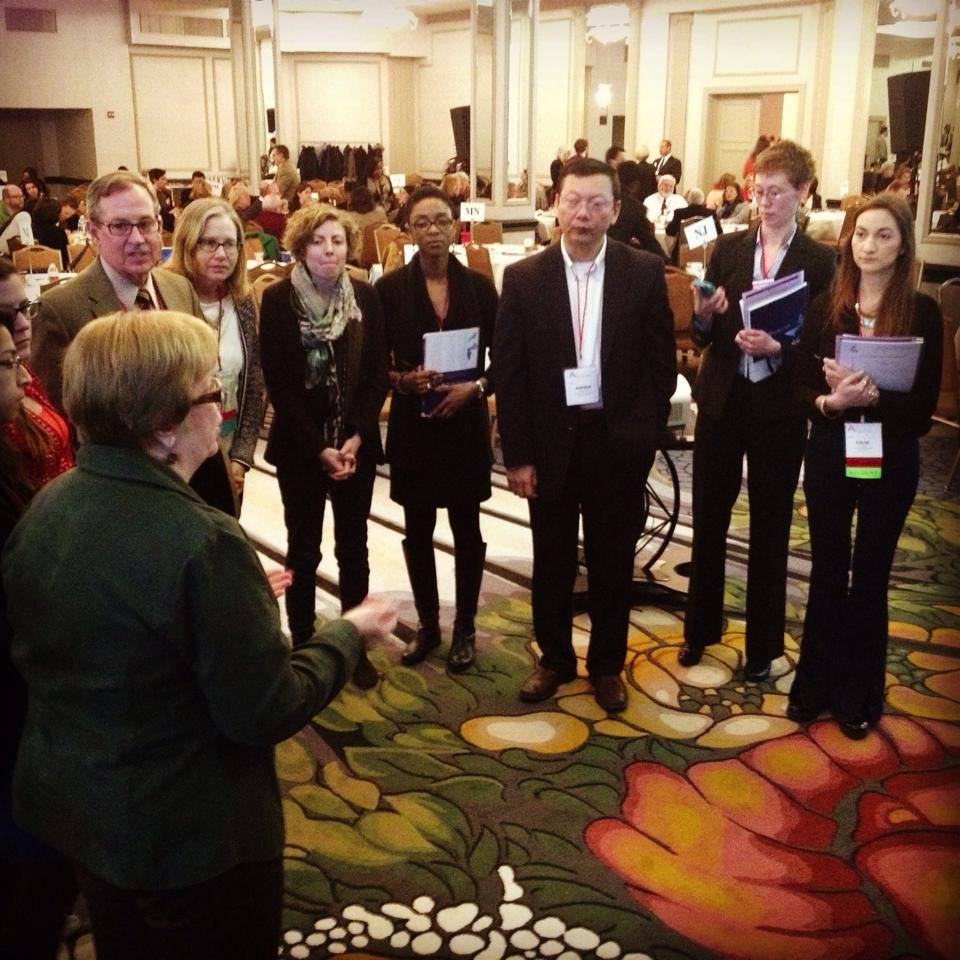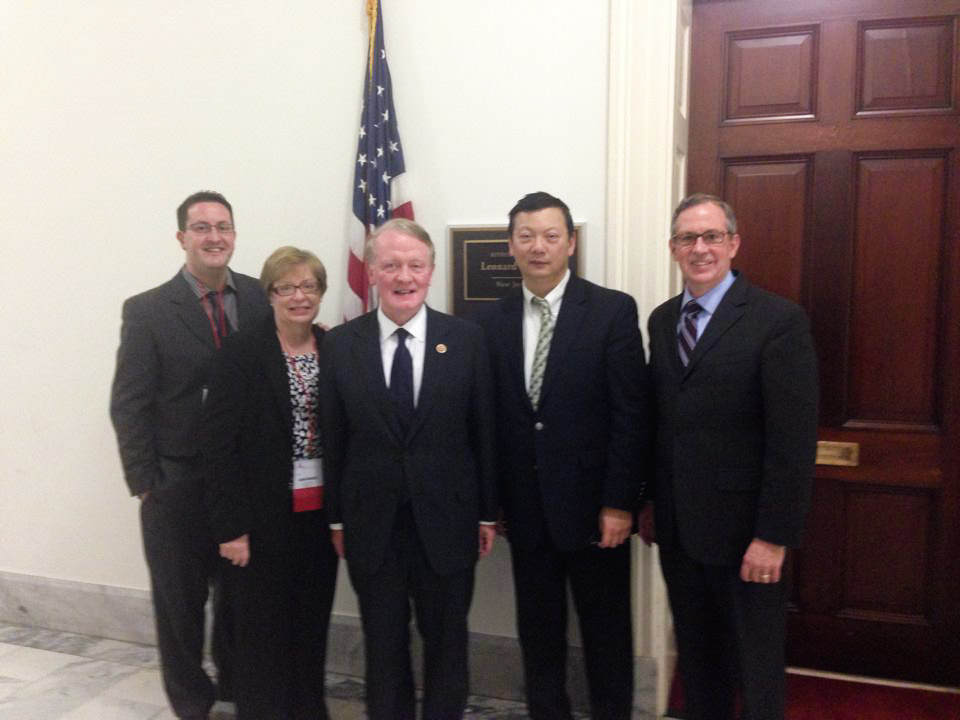 On March 24 & 25, 2014, ArtPride NJ gave me the life-changing opportunity to participate in National Arts Advocacy Day in Washington D.C., run by Americans for the Arts, our national arts advocacy group. I and my fellow New Jersey delegates met with our Congressional representatives to advocate for the Arts. As with most revelations, my time in D.C. was a quietly extraordinary experience – one that has broken down the myths and false assumptions I had about arts advocacy. Day 1 was filled with policy briefings, reports and presentations to prime us; Day 2 was hoofing it on The Hill.
On March 24 & 25, 2014, ArtPride NJ gave me the life-changing opportunity to participate in National Arts Advocacy Day in Washington D.C., run by Americans for the Arts, our national arts advocacy group. I and my fellow New Jersey delegates met with our Congressional representatives to advocate for the Arts. As with most revelations, my time in D.C. was a quietly extraordinary experience – one that has broken down the myths and false assumptions I had about arts advocacy. Day 1 was filled with policy briefings, reports and presentations to prime us; Day 2 was hoofing it on The Hill.
1. “Gotcha” Game
After my initial excitement about heading to Capitol Hill, the abject terror set in. What if I said something dumb or screwed up a statistic? What if I misspoke about some issue or bill number? The last thing I wanted was to give anyone a reason to jump out and yell, “Gotcha! No funding for you!”
After two days of imagining every school-day horror on a national scale, I consulted a friend who is the Policy Director of a local non-profit and got great advice, which I’ll paraphrase here:
Our Congressional Representatives are just people. They may be on TV and have fancier suits, but they’re still people. Remember that they are asked to take action constantly, and are beyond busy. They are the first to be kicked when something goes wrong and often the last to be thanked when things go right. So:
- Thank them – for their support, their time, their actions.
- Make your point succinctly. Be specific: provide stories and research to back up your request for action.
- Don’t lecture – make your point and then finish early: you’ve just given them “found time” and with a super busy schedule that’s as good as gold.
This last bit I have to quote because I think my friend said it so well: “Above all, be authentic. You are a passionate, articulate, well informed advocate for your issues. Let that come through. It is infectious. Connecting with people on that human level is incredibly powerful.”

2. Casting Call
Meeting Representatives is like going in for a casting call. Casting calls are nerve wracking by definition. You go in, do your bit, are thanked for your time, and you leave. You often have no idea how you did until you get the call…or don’t.
Take heart actors – and advocates! A prominent casting director once told me that he is rooting for every actor who comes into the room. Casting directors want you to come in, nail it, and make their job easy because they can cast you on the spot. If you go into the room knowing that the casting team is rooting for you, it can help a great deal with the nerves
It’s the same thing with advocacy. There’s not a whole lot more a Hill staffer could want than for you to make your case, to nail it and make it easy for them to go back to their boss and say, “We need to take this action and here’s why.”
3. Respect Your Youngers
Every single staff person I met with was least a couple years younger than me, and I’m only just into my 30s. All those bloggers writing about self-centered, lazy Millenials clearly haven’t been on Capitol Hill recently to meet these impressive young staff members.
These 20-something staffers are incredibly intelligent, motivated people, invested in understanding why we are there and what we are asking for. They ARE the people with decision making power, and - back to the “casting call,” - they would love for us to provide them with everything they need to recommend action.
So, Respect Your Youngers – for the hard work that has gotten them where they are, their experience in policy making, and for their time with you. Help them out by educating them in the areas they have less knowledge or experience; direct them to resources. Building relationships with the next generation of congressional arts supporters starts here.
4. Thank You For Smoking
I loved Thank You For Smoking. If confirmed my worst fears of what lobbying could be and yet I grudgingly admired Aaron Eckert’s smarmy spin-doctor and his ability to create a compelling story to illustrate his position. At Arts Advocacy Day, I learned that lobbying is nowhere near as smarmy as it’s portrayed in Thank You for Smoking, and that stories are perhaps the most important thing we bring to the table, aside from our votes.
Artist practitioners are storytellers – whatever our medium. We are uniquely equipped to advocate on behalf of all arts because we know how to connect human experience to facts and figures and causes and issues. Our representatives in Washington have access to all the statistics they could possibly want. What we can help our Congressmen and Congresswomen do is to connect them, on a human level, with what affects the people they represent. It’s actually as easy as that: we share our stories.
5. “Armed” with Facts
The point is not to wear your facts like armor, but carry them with you and to use them when it will have the greatest impact. Here are just two of the many that I learned at our briefing on Monday that surprised me:
- Spending on Arts, Culture and related activities accounts for 3.25% of GDP – that’s $504 BILLION that we put into the economy – more than national spending on Tourism or Agriculture. Read the full press release from the Bureau of Economic Analysis and the NEA and check out Randy Cohen’s blog that further analyzes the findings.
- Arts and Culture generate $10 Billion in federal tax revenue – on only $146 Million in federal grant money. ROI is $9 in economic activity to every $1 of federal funds invested in arts and culture. You can estimate the economic impact of your arts organization, or the arts organizations in your region with AFTA’s nifty calculator.

6. Mi Caucus Es Su Caucus
The Arts are a bipartisan issue - as one AFTA presenter quipped, you can’t spell bipARTisan without the “ART” - and there is a Congressional Arts Caucus with Republican and Democratic Co-Chairs to prove it. The Congressional Arts Caucus is a bipartisan organization for Members of Congress who support the arts through federal initiatives, led by New Jersey’s own Rep. Leonard Lance - R and Rep. Louise M. Slaughter - D. Jersey, a round of applause please for our stalwart advocates on The Hill! And people say New York and New Jersey don’t work well together...tsk, tsk!
7. Your. Presence. Matters. Period.
Here’s the final revelation that hit me toward the end of our day on Capitol Hill: No matter how broken our political system feels at times, I have new faith in it – because an average citizen like me is able to walk the same halls as the people who write our laws – and make her or his case. You don’t have to be fancy or famous. You don’t have to understand all the ins and outs of lawmaking. You just have to be there.
Here’s how to get started.







